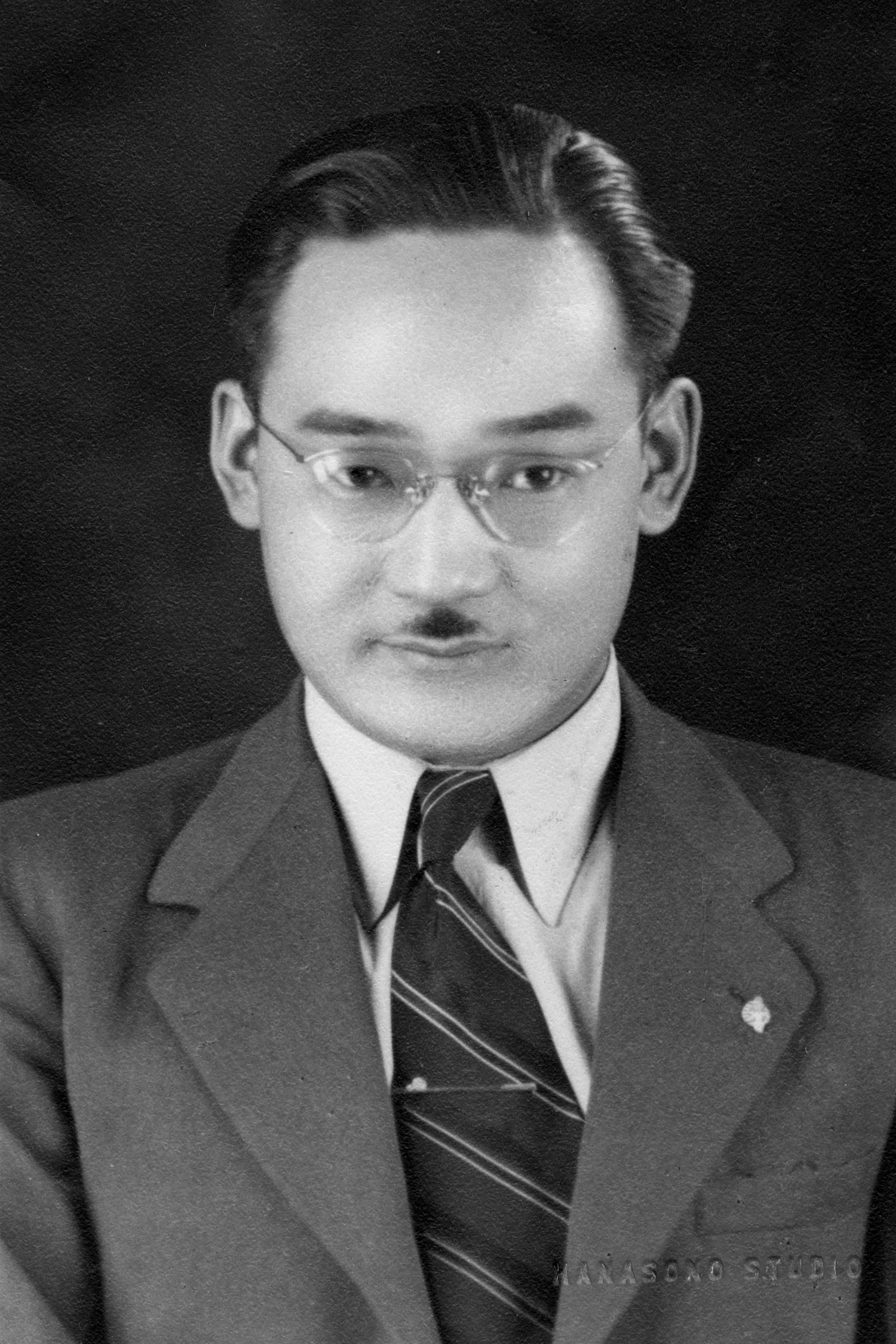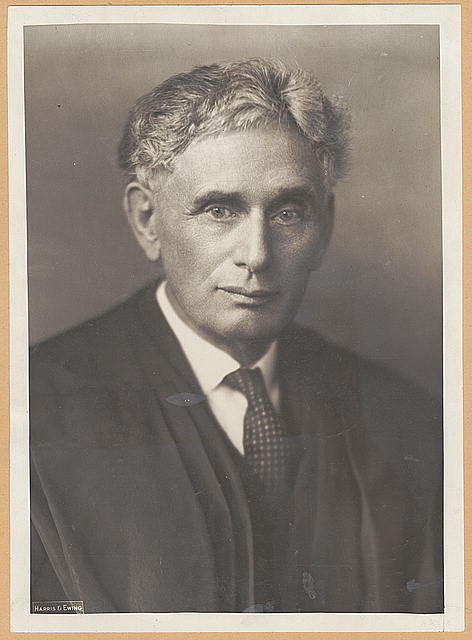The U.S. Supreme Court case, Matal v. Tam (2017), was one of the most critical First Amendment cases of the early twenty-first century. The court’s unanimous ruling in favor of The Slants, a dance rock group founded in Portland, held that the U.S. Patent and Trademark Office could not refuse registration of a trademark based on the Disparagement Clause of the Lanham Act (1946). The ruling reversed decades of precedent and deemed the Disparagement Clause unconstitutional. Matal v. Tam was a victory for advocates of free speech and generated a national discussion about free expression, Asian American identity, and the power of co-opting or reclaiming racial slurs. The case also underscored the tension between art and commerce, private speech and government interest, and individual rights versus state powers.
Simon Tam founded The Slants in 2006 as a band that promotes Asian pride and fosters connections with the Asian American community. The group uses Asian imagery in its work and seeks to upend racial stereotypes. When Tam applied for a trademark for the band in 2010, the U.S. Patent and Trademark Office rejected his application based on the Disparagement Clause of the Lanham Act. (Joseph Matal was the interim director at the time.) That clause states that an application for trademark can be rejected if it “may disparage persons, institutions, beliefs, or national symbols, or bring them into contempt, or disrepute.” Tam appealed the decision, which led to a hearing with the Patent Trial and Appeal Board. The PTAB upheld the rejection of Tam’s application on the grounds that The Slants, as a name, violated the Disparagement Clause because of its connotation as a racial slur.
Tam and The Slants appealed the decision to the U.S. Court of Appeals for the Federal Circuit, which heard the case in 2015. In the appeal, Tam’s attorney, John C. Connell, argued that the racial slur element of the band’s name was partially the point: it was a means of reclaiming the epithet and using it to empower both the members of the band and the greater Asian American community. The Disparagement Clause of the Lanham Act was unconstitutional, he reasoned, because it did not conform to viewpoint-neutrality standards required by the government when dealing with issues of private speech. Connell concluded that a law that protects positive speech and forbids supposedly negative or disparaging speech is a violation of the Free Speech Clause of the First Amendment.
The Federal Circuit initially ruled against Tam, but in a radical move five days later reversed its decision and opened the case en banc, which meant that all twelve Federal Circuit judges would arbitrate the case. When the Federal Circuit ruled in favor of the band, the U.S. Patent and Trademark Office appealed the case to the Supreme Court. Among the amici curiae for the government, were several Native American advocacy groups, including the National Congress of American Indians, who cited the trademark "Redskins" as an example of harmful commercial speech that should be federally regulated.
On June 19, 2017, the U.S. Supreme Court found in favor of The Slants on First Amendment grounds, upholding the Federal Circuit ruling. Justice Samuel Alito wrote the majority opinion, and Justice Anthony Kennedy and Justice Clarence Thomas each wrote a concurring opinion. In an 8-0 decision (Justice Neil Gorsuch did not hear or rule on the case), the Court drew from previous free speech cases, including United States v. Schwimmer (1929), Street v. New York (1969), and Texas v. Johnson (1989). Alito wrote, "Speech that demeans on the basis of race, ethnicity, gender, religion, age, disability, or any other similar ground is hateful; but the proudest boast of our free speech jurisprudence is that we protect the freedom to express 'the thought that we hate.'” The Lanham Act, he went on, "is not an anti-discrimination clause; it is a happy-talk clause. In this way, it goes much further than is necessary to serve the interest asserted.”
Matal v. Tam reversed decades of legal precedent by asserting that trademarks are a form of constitutionally protected private speech under the First Amendment, strengthening free speech rights for artists who want to bring their expression into the commercial sphere.
-
![]()
Cymbal belonging to Tyler T. Chen, drummer for The Slants, 2008-2016 (top).
Oregon Historical Society Museum, 2024-34.1
-
![]()
Cymbal belonging to Tyler T. Chen, drummer for The Slants, 2008-2016 (bottom).
Oregon Historical Society Museum, 2024-34.1
Related Entries
-
![Minoru Yasui (1916–1986)]()
Minoru Yasui (1916–1986)
Minoru Yasui was born in Hood River on October 16, 1916, the third son …
-
![Muller v. Oregon (1908)]()
Muller v. Oregon (1908)
Muller v. Oregon, one of the most important U.S. Supreme Court cases of…
Related Historical Records
Map This on the Oregon History WayFinder
The Oregon History Wayfinder is an interactive map that identifies significant places, people, and events in Oregon history.
Further Reading
Matal, Interim Director, United States Patent and Trademark Office v. Tam, 582 U. S. (2017). https://www.supremecourt.gov/opinions/16pdf/15-1293_1o13.pdf
In re: Simon Shiao Tam, Appeal from the United States Patent and Trademark Office, Patent Trial and Appeal Board in No. 85472044, 2015, 808 F.3d 1321 http://www.cafc.uscourts.gov/sites/default/files/opinions-orders/14-1203.Opinion.4-16-2015.1.PDF
Legal Information Institute, Cornell Law School, "15 U.S. Code § 1052. Trademarks registrable on principal register; concurrent registration." https://www.law.cornell.edu/uscode/text/15/1052#a
"Matal v. Tam." Oyez. https://www.oyez.org/cases/2016/15-1293.
Liptak, Adam (20 June 2017). "Justices Strike Down Law Banning Disparaging Trademarks." The New York Times, June 20, 2017, A14. https://www.nytimes.com/2017/06/19/us/politics/supreme-court-trademarks-redskins.html
"Amicus Brief of Native American Organizations in Support of Petitioner." Tribal Supreme Court Project. https://sct.narf.org/caseindexes/lee_v_tam.html




